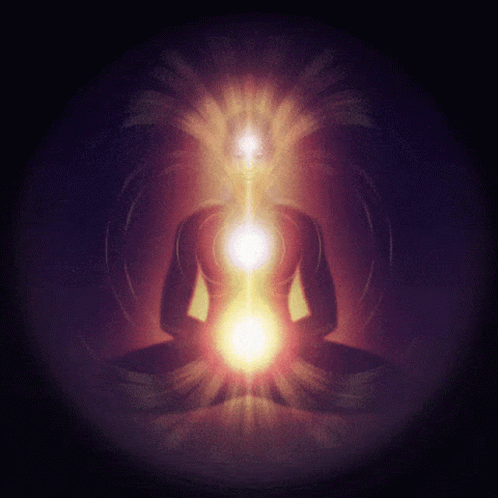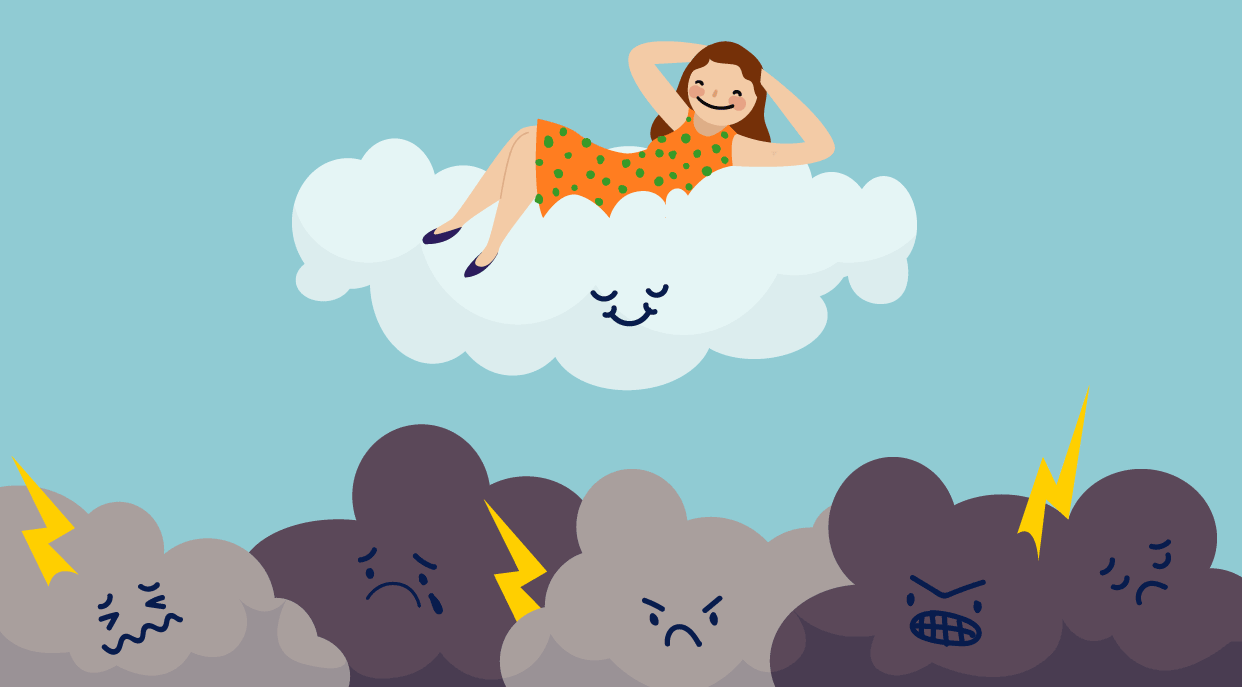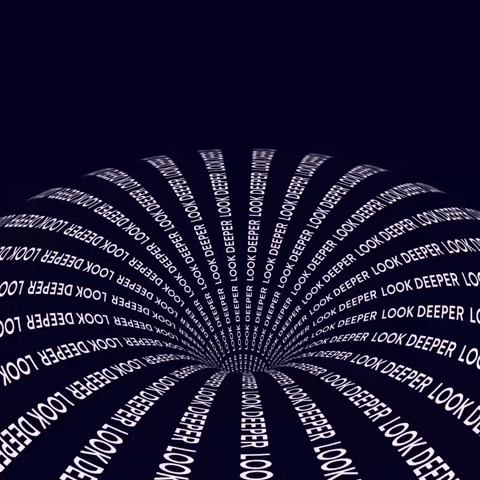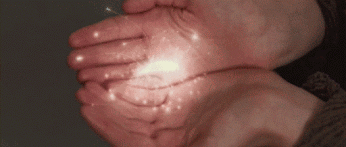The New Normal
I turn 49 today. It is the last year of my 4th decade on this planet, and I intend to make it a good one.

I hear the term "new normal" a lot, generally referring to the acceptance of an unexpected and undesirable situation that is typically difficult to navigate. While I appreciate the necessity of this mindset, I also believe that it can be too easy to bow or yield to the acceptance that something has changed, owning it as though one will never be able to retrieve that which one know to be "self".
"You'll just have to live with it"is a common phrase associated with the "new normal" when it involves complex health related issues that don't have immediate or easy answers or solutions. This is what I have found brings a sense of frustration, and often times depression for many people, but it also fuels most people find greater resources that they never knew they had. Those resources tend to be the source of great Resilience.
Adversity changes us.
And it is ultimately our choice
as to how we navigate those changes.
What's the big deal with resilience anyway? It's a hot topic right now in the psychological world, and it was a burgeoning field in 1995 when I first graduated from Neuropsychology. Resilience is often seen as how we adapt to and overcome adversity; it is the ability to successfully navigate and overcome extreme trauma and duress. Does this mean, however, that it doesn't change us? No. Absolutely not. Adversity changes us. This is a "new normal", but it is ultimately our choice as to how we navigate those changes, and how we not only define but punctuate them.

I've seen many people over the course of my nearly 25 years of therapeutic practice. It has become of great interest to me why some can navigate great turbulence with relative ease while others can barely stay afloat with what is comparatively "less traumatic".
Resilience is not a coping mechanism.
It transcends survival.
How is this assessed? Well, it's how someone feels. It's what they say. And how they say it. It's also whether or not what they say is authentic and correlates to how they say it. It is not, however, whether or not we experience emotion, stress, distress, or unpleasantness. The hallmark of resilience, for me, is the strength to both observe and experience the situation and resulting emotions, but not be defined by them.
Oaks are historically revered for their tensile strength,
but it is the supple willow that bends in turbulence.

I had a fellow practitioner come in for treatment a while back. She was exhausted and overwhelmed, and it was the first time she had let down her shield/guard in the entire time I'd known her. This shield is what was holding her together, but it was the first time I had ever seen her be true and authentic in her emotional experience, which tended to have a leaning towards always being "positive" at the expense of her emotional well-being. As she didn't have the energy to maintain her defence mechanism, her true emotional self was present. Interestingly, once she felt better from her treatment, up came the shield and she repressed all of her "unpleasant" but truthful emotions. I asked her where they were all going. She didn't know. And didn't want to know either, because it certainly was easier to not look at the emotional dynamics that led to her being overwhelmed in the first place. To her, vulnerability was a weakness. In truth, however, vulnerability can be the doorway to great personal strength.
He who fears he shall suffer, already suffers what he fears.
~Michel de Montaigne
Many times people believe that a lack of emotion, stoicism, avoidance and rigidity are a sign of strength and resilience, as a means to "move on" (as in my example above). But it really isn't moving on. "Moving forward", "getting over it, and "sucking it up" are ways that reflect this repressive mentality, and are not reflections of tenacity. The proverbial "stiff upper lip" is really an idiom that reflects the discomfort of others towards our suffering as much as it reflects our own internal emotional difficulty. Indeed, I have found "moving forward" to be the perfect popular catch phrase that is typically used to shut someone up so that the speaker doesn't have to deal with the situation at hand, and most often leaves the recipient left to swallow the fall out on their own. Neither are about accountability or self-reflection, and are not signs of true leadership.

Flexibility and adaptation
are truly healthy ways and examples of how
resilience flourishes.
Ironically, a famous study by Martin Seligman (1974) showed that dogs exposed to persistent shock with no escape gave up and displayed signs of depression. Those who had the opportunity to escape did not present with these same signs. This brings us to the theory of learned helplessness, which is the antithesis of resilience. Martin Seligman, who is considered the father of positive psychology, states that “Learned helplessness is a term specifying an organism learning to accept and endure unpleasant stimuli, and unwilling to avoid them, even when it is avoidable.”

Why is it important? It's relevant because psychologists in both 1958 (Heider) and 1991 (Fiske & Taylor), developed the Theory of Attribution which showed how and whether people determine something to be attributable to an internal or external value. In other words, was it because who they are, or because of something outside of themselves?
This ties in with learned helplessness - because your beliefs about yourself and life determine if you are fundamentally an Eeyore or if you are a Tigger. The crux here isn't whether or not you feel like Eeyore at times, but with whom you identify. There is nothing wrong with Eeyore. The key, of course being that Tiggers are always more accepted than Eeyores, and Eeyores are more likely to be distanced from because they aren't "fun" to be around, regardless of how legitimate or transient the reason for the emotion. The key to resilience is to allow Eeyore to be present but not identify with Eeyore as a persona. And to ask yourself, at what point in your life did you come to believe that you were helpless? And further to this...is it still true? A component of Resilience is a strong sense of internal stability regardless of external value or variation.

Here's the thing, though. We all have an Eeyore in us and have been on varying points on the spectrum with respect to how strongly he presides over our state of mind and perception of life. It is not being negative to be truthful to our experience. Ironically, however, the less accepting we are of our inner Eeyore, the more likely another's Eeyore is to irritate us. I believe this is why "friends" disappear when adversity or trauma hits someone, and it's driven mainly by both fear and an inability to be present with not only another's pain, but our own pain and our own fears. It is the ultimate reflection of our personal degree of resilience and compassion.
There is a difference, as well, between self examination and wallowing because it brings a secondary gain which can be anything from attention to control over others. This is a form of malingering. In this case, I do believe Bill Waterson summed it up best.

So, here are my thoughts of life on the perspective of resilience and learned optimism instead of learned helplessness:

Life, and the living of it, is fragile. Tomorrow is never guaranteed for any age no matter how healthy or robust we are. And even in the darkest moment of despair, you can find your own light. It will always guide you because it is who you really are.
Time is indeed precious. But there is no squandering time when it is fully appreciated. Don't fall prey to the "doing-ness" mentality of "make every moment count". Relaxing and enjoying life is just that. It doesn't have to be spent "doing" something all the time to be meaningful.
Life is meaningful when simply lived, no matter how simply. A need for a "legacy" can also reflect a deep seated fear of "not being good enough" and of "being forgotten". Ultimately, this planet and our solar system will cease to exist. There will be no accounts of it or humanity, let alone our individual lives, on any cosmic scale. Who are we trying to impress with the creation of our "legacy" in the first place? In the end, it's all about EGO.
There is a gift in the adversity if you wish to find it. This is not meant to be a trite idiom, such as "every cloud has a silver lining". In my own life experience, my injuries and trauma have made me a better therapist because I chose to become more than the experiences. It is easy to stay in the role of victim. It can be the most powerful role one can play, which makes it a hard role with which to not identify. There is much to be said about the power of the victim, but it is important that recognizing that having been victimized is much different than choosing to be a victim.
There is a delicate balance between moving out of one's comfort zone and pushing one's self beyond one's means. Exercise, diet and healthy living are excellent lifestyle choices, but they can also be forms of punishment. Balance is healthy; rigidity is not. Even when it brings a sense of control and even a community of "like-minded" individuals who support the same lifestyle.
Fear can be loud. Sometimes louder than reason and truth. It is a delicate balance to determine what is fear based resistance and what is a reasonable call for self homeostasis.
Cherish those who love you and support you regardless of where you are in life. I always admired that Eyore was always included and loved. When trauma arises, you will inevitably find out PDQ who are your friends. I have heard many times from those experiencing cancer or other difficulties how people had immediately dropped out of their lives. Loyalty is not a given, even from those to whom loyalty has been given. Be the kind of friend to someone you wish you had for yourself.
Be kind to yourself, especially when you are the most frustrated with yourself. We are not taught in our society to value and appreciate ourselves. Oftentimes, hard won confidence is called arrogance, while true arrogance is instead rewarded and overlooked. While it's often easy to see this in others, it takes constant self-awareness to recognize the difference in ourselves.
Forgive yourself, and forgive life, for handing you what appears to be, for all accounts, a shitty deal. No matter what gifts arise from experience, it can still feel shitty at the time.
Physical strength can disguise itself as emotional strength. It is often in the crises that rob us of our physical strength that we find our true strength and endurance. After my 2009 concussion, I felt weak for the first time in my life. It was very challenging and humbling for me having been a ballet dancer and elite athlete that had never personally known or understood physical weakness such as to not be able to even lift a duvet without issue. I grew up with a father who had MS, so I appreciated this vulnerability in others. But this was different: It was me.
Recognize that what feels like strength can be a lie. Coping is a momentary door of compensation that can become a destructive vice. Coping mechanisms can be just that. If binging, exercising, work, smoking, drinking, healthy lifestyle or any other means of "coping" takes precedence over dealing with emotions and reality, then this is not resilience. It is "coping". And there is nothing fundamentally wrong with that when used appropriately, but it can never take the place of facing the root of the issue.
Being "positive" is not dealing with it. Putting on a "brave face" is not dealing with it. This is COPING with something at best, but is often simply staying afloat. And the base of this is SHAME and FEAR. Shame because you don't want someone to know that you are feeling vulnerable. And fear because you are not the "perfect" depiction that you portray to the world. Truthfully, not everyone should see this vulnerability. This form of trust is either earned or arises from a deep sense of innate safety.
Find someone you can trust to help you when you need support. No one should navigate this sea of Life alone. You are worth it. At the end of the day, Jung's quote "I am not what happened to me, I am what I choose to become" is the most empowering perspective because no one who recognizes their choices and take action can ever be a victim. A resilient person may have been victimized, but will never identify as a victim. Find the empowering choice and take action upon it, even if it is only an internal one.
And at the end of the day, sometimes all you can do is put on your favourite underpants.

References
Seligman, M.E.P. (1974). Depression and learned helplessness. In R.J. Friedman and M.M. Katz (Eds.), The Psychology of depression: Contemporary theory and research, Winston-Wiley.
Heider, F. (1958). The Psychology of Interpersonal Relations. New York: Wiley.
Fiske, S. T., & Taylor, S. E. (1991). Social cognition (2nd ed.). New York: McGraw-Hill















